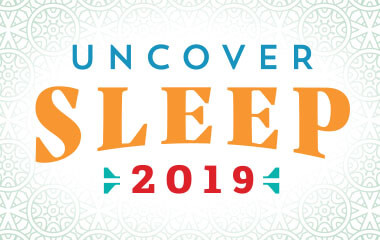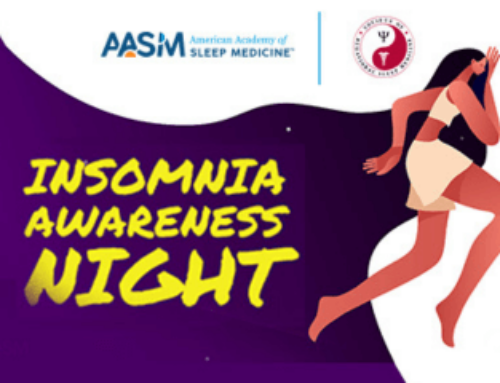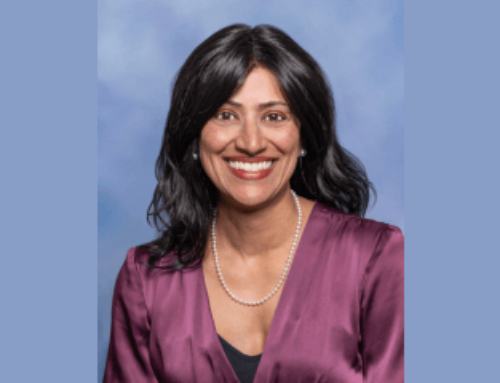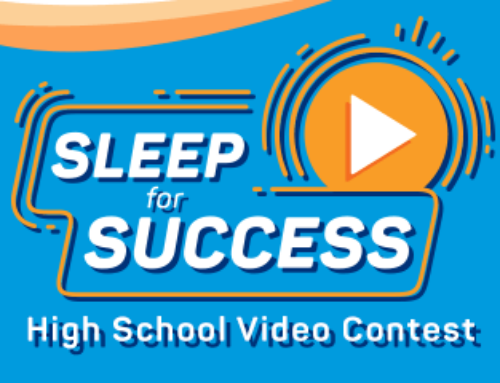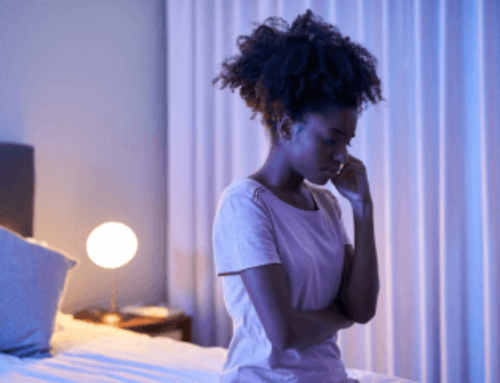SAN ANTONIO – Preliminary results from a new study suggest that there is a dose-response relationship between insufficient sleep and mental health symptoms in collegiate students, including varsity athletes.
Results show that in adjusted models, insufficient sleep was associated with all mental health variables, and a dose-response relationship resulted when insufficient sleep was treated as categorical. With every additional night of insufficient sleep, the risk of experiencing mental health symptoms increased on average by more than 20% – including an increased risk of 21% for depressed mood, 24% for hopelessness, 24% for anger, 25% for anxiety, 25% for desire to self-harm, 28% for functional problems, and 28% for suicide ideation.
“It was really surprising to see how strongly insufficient sleep was associated with a wide variety of mental health symptoms among college students,” said lead author Thea Ramsey, an undergraduate student at the University of Arizona in Tucson. “Also, it was intriguing that while student-athletes experienced on average fewer nights of insufficient sleep and better mental health, the relationship between insufficient sleep and mental health was as strong or stronger in athletes compared to non-athletes.”
Data were aggregated from the 2011-2014 waves of the National College Health Assessment, conducted by the American College Health Association. The analysis involved 110,496 individuals who provided complete data, including 8,462 varsity athletes. Insufficient sleep was assessed as the number of nights students did not “get enough sleep so that you felt rested when you woke up.” Mental health symptoms were assessed as the presence of symptoms in the past 30 days. Adjusted models controlled for age, sex, race/ethnicity, and survey year. Additional models included controls for insomnia and depressed mood.
“The fact that sleep health was so strongly related to mental health is important since the majority of college students don’t get the recommended amount of sleep needed for optimal health and functioning,” said senior author Michael Grander, Ph.D., advisor to Ramsey and director of the Behavioral Sleep Medicine Clinic at the University of Arizona. “So, these young adults aren’t sleeping enough, and not only does that increase their likelihood for things like worse academic performance and health, but it also takes a toll on their mental health as well.”
According to the authors, mental health efforts on campuses should focus on achieving sufficient sleep.
The American Academy of Sleep Medicine recommends that adults 18 years and older should sleep 7 or more hours per night on a regular basis to promote optimal health. However, insufficient sleep is common among college students, and especially among those who are athletes. A previous study of collegiate athletes at one university found that 39% regularly slept less than 7 hours on weeknights.
The research abstract was published recently in an online supplement of the journal Sleep and will be presented Tuesday, June 11, in San Antonio at SLEEP 2019, the 33rd annual meeting of the Associated Professional Sleep Societies LLC (APSS), which is a joint venture of the American Academy of Sleep Medicine and the Sleep Research Society.
###
This study was supported by NCAA Innovations Grant R01MD011600.
Abstract Title: Dose-Response Relationship Between Insufficient Sleep and Mental Health Symptoms in Collegiate Student Athletes and Non-Athletes
Abstract ID: 0901
Oral Presentation Date: Tuesday, June 11
Oral Presentation: 3:45 p.m. to 4 p.m.
Presenter: Thea Ramsey
For a copy of the abstract or to arrange an interview with the study author or an AASM spokesperson, please contact the AASM at 630-737-9700 or media@aasm.org.
About the American Academy of Sleep Medicine
Established in 1975, the American Academy of Sleep Medicine (AASM) improves sleep health and promotes high quality, patient-centered care through advocacy, education, strategic research, and practice standards. The AASM has a combined membership of 10,000 accredited member sleep centers and individual members, including physicians, scientists and other health care professionals. For more information about sleep and sleep disorders, including a directory of AASM-accredited member sleep centers, visit www.sleepeducation.org

